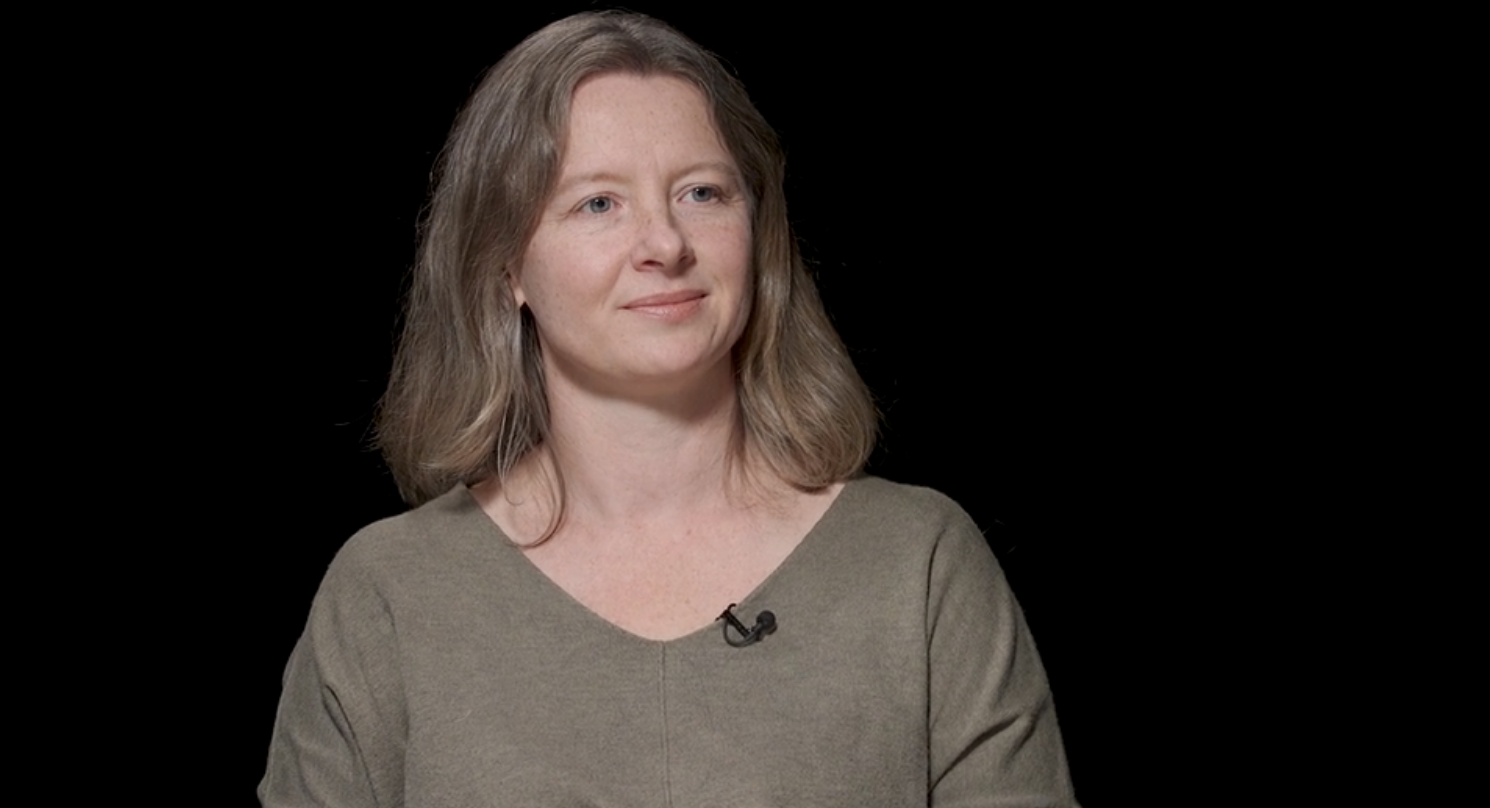Intel anthropologist Dawn Nafus interview on the use of data and technology in medical contexts

In an age where we can collect and store (forEVER) every second of every day, how much do we truly need to learn? To react? To do good deeds that benefit society?
Assuming we champion that, what does it mean for privacy and security and (maybe most importantly) global knowledge?
And what does any of that have to do with software development?
Intel’s Dawn Nafus has definitive insights about those very questions, particularly when it comes to data design and artificial intelligence.
A renowned anthropologist and research scientist who studies the intersection of society and technology, Dawn sat down with Henry Gaab, Sr. Principal Engineer at Intel Corporation, for TechDecoded to discuss the increasing importance – even the imperative – of incorporating social/societal dynamics into system design.
Topics include:
- Considerations of data access in real-life use cases, for example, the Open Artificial Pancreas System project (#OpenAPS), for managing diabetes
- Techniques that can broaden data literacy among the general public
- How data scientists, technologists, and developers can ensure data contextual integrity
- Steering data technology, design, and usage toward public benefit and interest
Dawn Nafus is an anthropologist and senior research scientist at Intel Labs, where she leads research that enables Intel to make socially-informed decisions about its products. She is an expert on health and environmental sensing, how data and measurement has changed societies, and digital research methods. She is the editor of Quantified: Biosensing Technologies in Everyday Life (MIT Press, 2016), co-author of Self-Tracking (MIT Press 2016) and co-editor of Ethnography for a Data-Saturated World (Manchester University Press, 2018). The New York Review of Books has called Self-Tracking – easily the best book I’ve come across on the subject – while Science Magazine notes it “develop[s] a nuanced position that acknowledges both the opportunities and the challenges raised by self-tracking”. She speaks on these topics at a wide variety of technology, policy, and academic venues, including SXSW, the OECD, and the National Academy of Sciences. She recently served as Program Co-Chair for the Ethnographic Praxis in Industry Conference (EPIC) 2018. She holds a PhD from the University of Cambridge.



